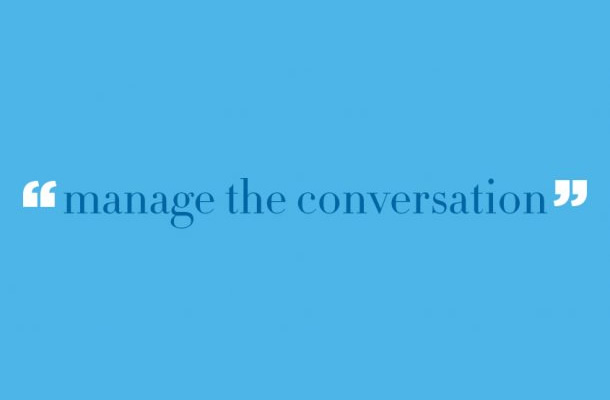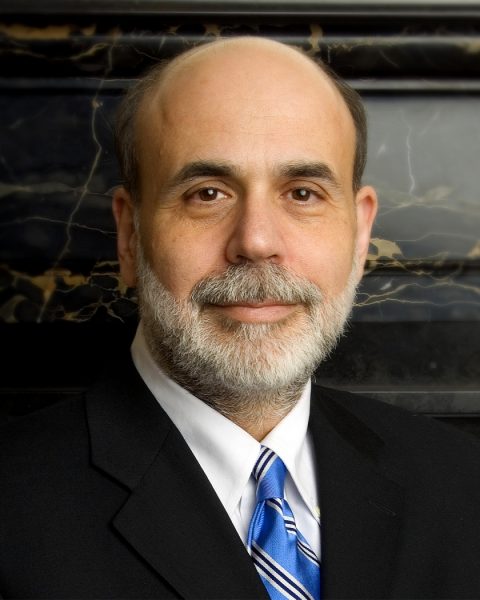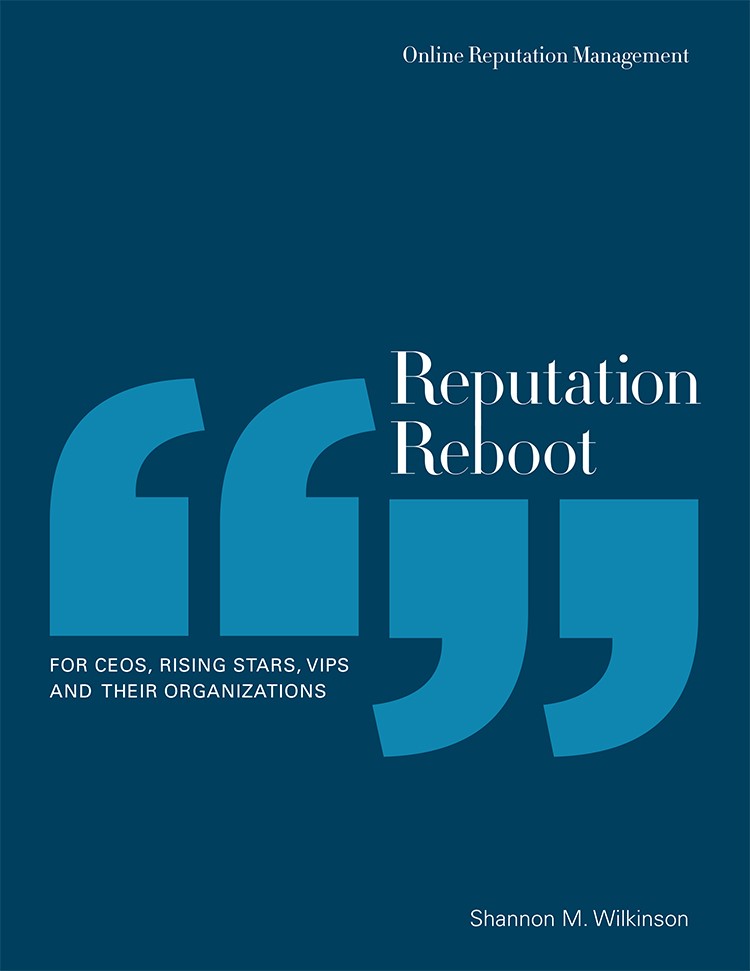
“Content” is text, video, photographs, podcasts and any other form of information placed online.
It is the biggest influence on a webpage’s rank. Your webpage’s rank determines where it shows up in Internet searches of your and your organization’s name.
Ranking also determines the prominence of third-party content about you, which is a large part of the reason it is important to understand where that content is coming from. Understanding those sources will play a key role in deciding how to manage that content—which is the heart of online reputation management.
Generally, the sites with the most daily visitors and views have the highest rankings, and the most prominent content. Top 10 websites include Facebook, YouTube, Wikipedia, Twitter and LinkedIn, as well as major media sites. But there are other factors that influence where a webpage shows up. Even obscure sources can show up in the first page of searches.
Strategically crafted headlines
People often see an article about them – or their brands — from a little-trafficked blog (or some other relatively obscure source) on the first page of a Google search. This can often be the result of the way the headline is written, making the article seem especially relevant to the search terms. The longer the article stays near the top of search results, the harder it is to dislodge.
Tags
If you notice pictures of you showing up prominently on Google, it is because someone has tagged them. A tag is a caption that is added to the metadata of a photograph or to an article, blog post or other piece of text that is published online.
Internet data scraping
Data scraping is how your home address, age, family members’ names and age and satellite pictures of your home end up online. Programs (called ’bots) continually scrape the web for data from publicly available sources like county courthouses, telephone directories and other sites. It is then collected by public databases that package, publish and sell that information. If you find a lot of references to your address online, that is how it got there.
Aggregated content
Aggregated content means content that is republished from another source. The Internet is full of sites that republish content, especially content that will attract a lot of viewers, which includes celebrity- and VIP-related content. When you see versions of your photographs or other content about you on multiple minor sites (including sites that look junky or low-quality), they have aggregated that content.
Anonymous commentary
It is difficult to have anonymous comments about you removed from an online forum or other platform—but it can be done, especially if the material is clearly defamatory. Increasingly, websites are revising their comment and user policies to prevent libel. (The more obscure and independent a site, the less likely it is that they have such practices in place. See our safe browsing tips below.) If you are the topic of such content, look for their user policy. Often they will not only remove the offensive material when requested to do so, but they will block the user who posted it from their site.
Ultimately, you want to control as much of the online content about you and your organization as possible. The more high profile you are, the harder that is. But with strategic online reputation management, it is not impossible. Content drives Google results. It is now the most influential aspect of restructuring them. We are highly experienced in advising clients on what type of content to employ to reboot their Google results. We are experts in creating it, too. To learn more, please visit our Services page.








